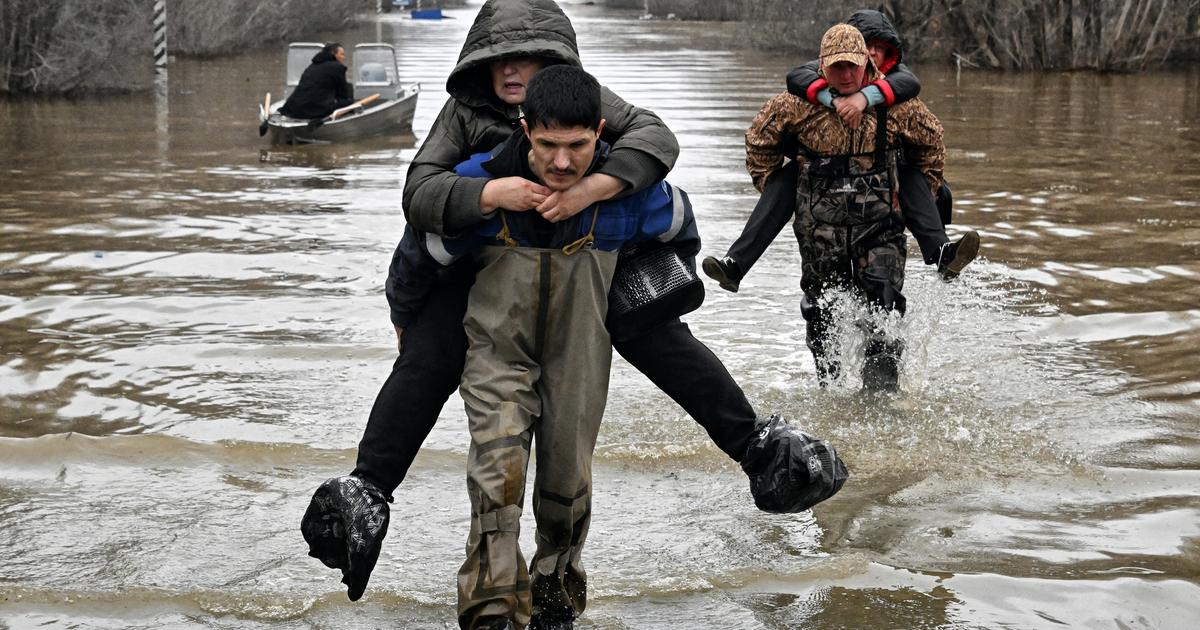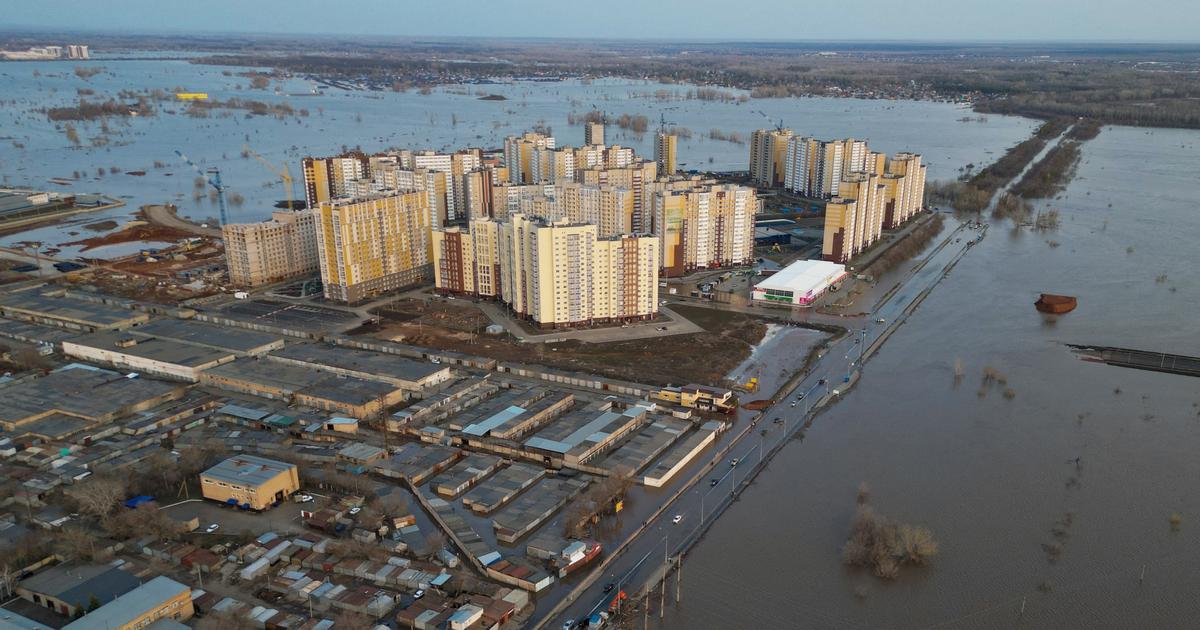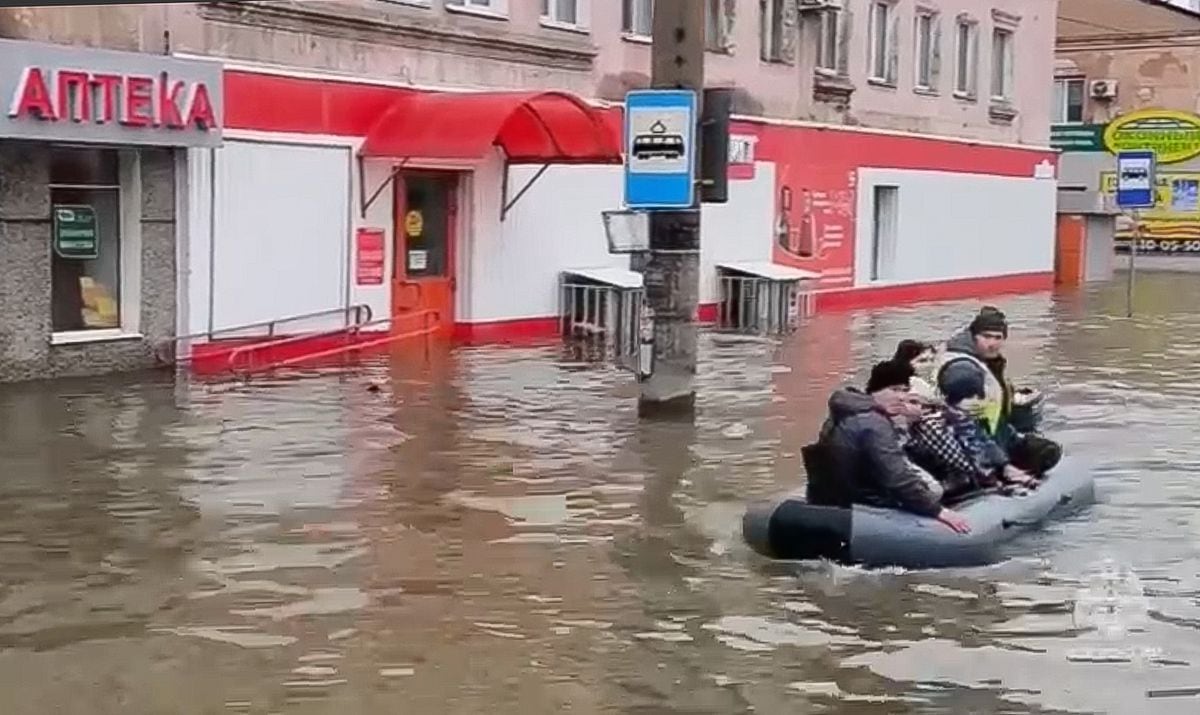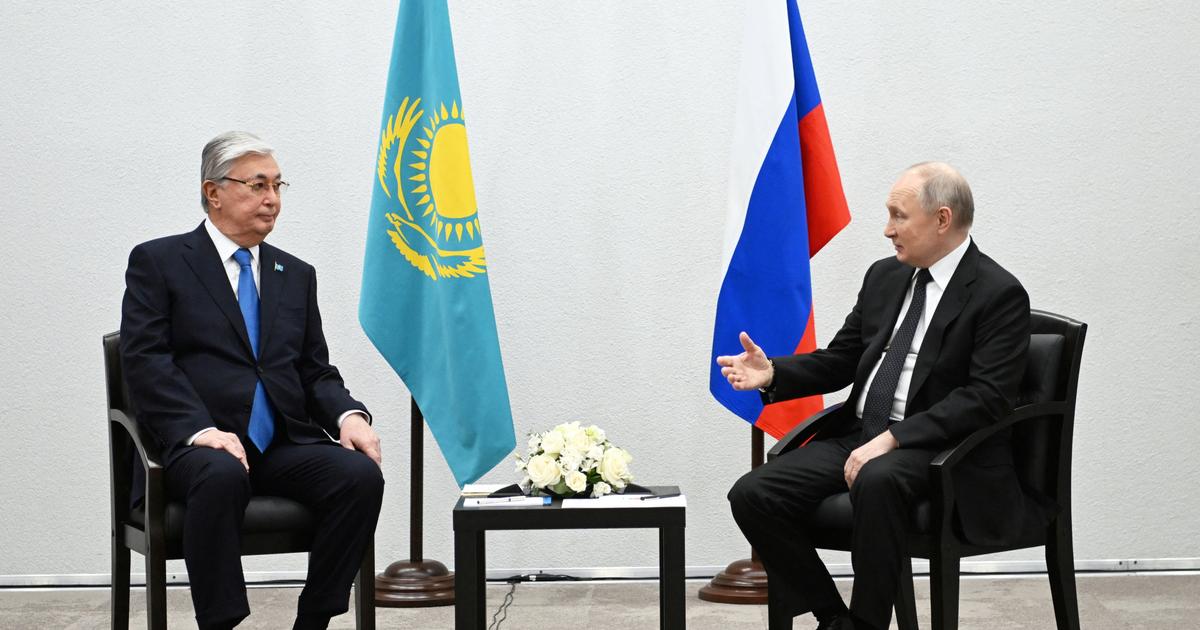It is too early to draw conclusions from the riots and clashes between protesters and representatives of the order that have spread across Kazakhstan. But it is possible to sketch the context of some protests that had precedents on a smaller scale in December 2011, when in the town of Zhanaozen oil sector workers demanded higher wages and better living conditions. The result was deaths, imprisonment and a harsh repression. Ten years later, the protests are larger and spread to large cities such as Almaty (the largest urban center in the country). As in 2011, economic and social dissatisfaction seems to be the trigger for the riots, without prejudice to the fact that other interests join them (or have already joined them).
Rich in hydrocarbons and metals, Kazakhstan has the resources to facilitate a comfortable life for its nearly 19 million citizens. But in that country, which multiplies the surface of Spain by five, power is monopolized by a group of clans entrenched around Nursultán Nazarbayev, who was President of the State for 29 years until he was replaced in this role by Kasim-Yomart Tokáyev in 2019. In that "relief", Nazarbayev became the "father of the nation" and reserved some key functions such as the control of national security.
Tokáyev, who previously led the Senate, does not belong to the species of raptors around the first president, but, according to media familiar with the country's political class, he has lacked determination to correct the imbalance between a greedy and wasteful minority and a population with increasing difficulties to get ahead. The coronavirus and the irrepressible greed of the elite have aggravated the frustration not only of workers in the oil and industrial sector, but also of the middle classes harmed by the rise in prices of food and goods imported by steppe Kazakhstan, the media said.
The sense of injustice present in the Zhanaozen riots continues today and perhaps one can already speak of lessons applicable to three post-Soviet countries (Russia, Belarus and Kazakhstan) constituents (along with Kyrgyzstan and Armenia) of the Eurasian Economic Union (formed in May 2014). In Moscow, Minsk and Nur-Sultan, leaders have made similar bets trying to stay in power through gruesome legal constructs. In Russia, the 2020 constitutional amendments give Vladimir Putin the possibility to run for the post of president until 2036; In Belarus, Aleksandr Lukashenko, in power since 1994, has supervised an amendment to the Constitution (to a referendum next February) with the idea of going to lead a People's Assembly endowed with broad powers over other organs,including the presidency of the State. But the events in Kazakhstan seem to indicate that the constructions to perpetuate themselves do not guarantee that end to the long-lived leaders and do not free them from shocks. The images of the statues in honor of Nazarbayev smashed by protesters are one example.
Follow all the international information on
and
, or in
our weekly newsletter
.













/cloudfront-eu-central-1.images.arcpublishing.com/prisa/KMEYMJKESBAZBE4MRBAM4TGHIQ.jpg)

